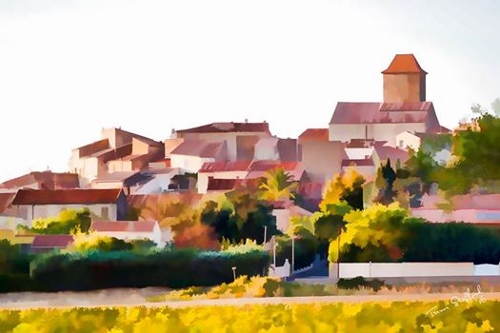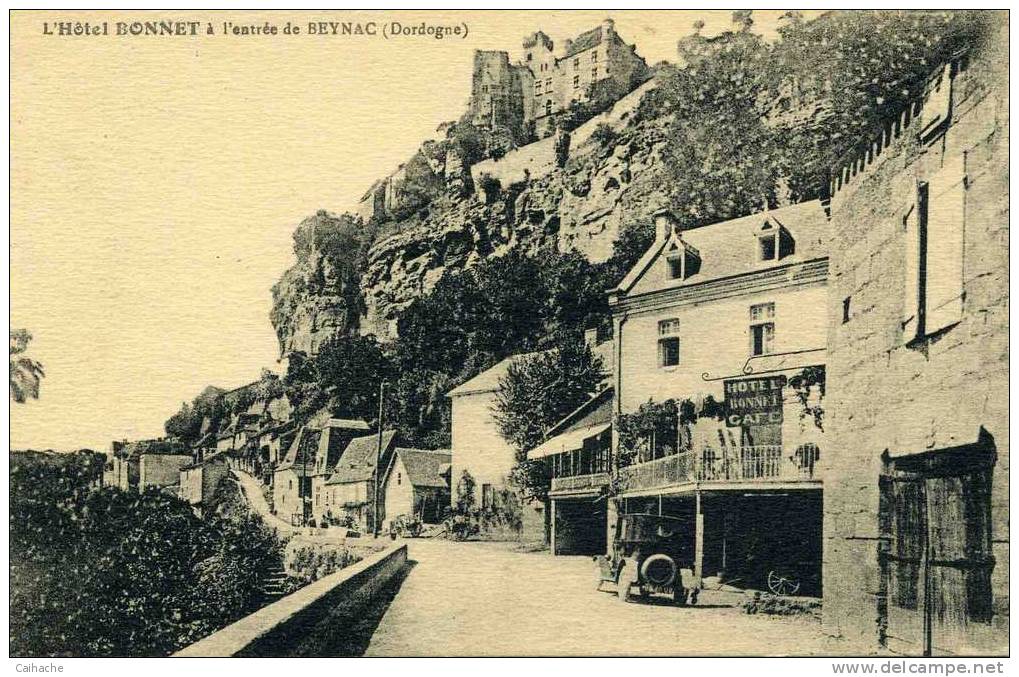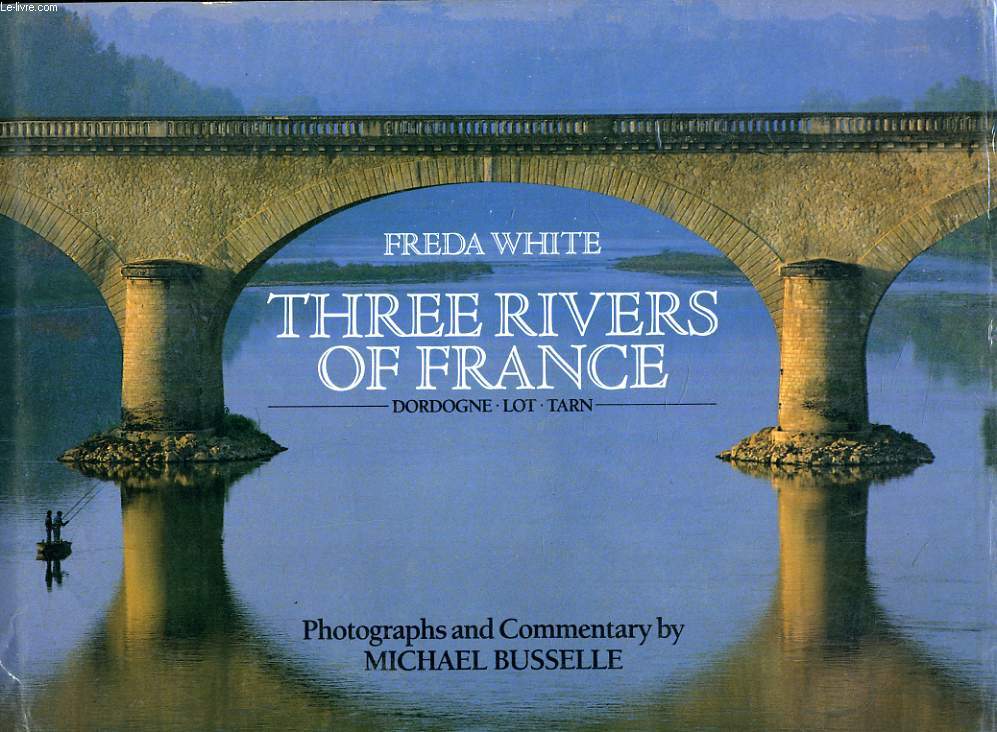Eileen and Phil in Spain
October 25, 2016
06:27 AM
.jpg)
Great picture by Phils brother
Twilight on the Terrace
October 21, 2016
10:48 AM
.jpg)
Taken by Sue.
Cooking at le Presbytere
October 11, 2016
09:30 AM
Just completed one of my (extremely rare) cookery courses here in Le Presbytere and was looking over my programme for the week.
It is evident (not surprisingly really) that my cooking has become more and more French as I go on.
Among the dishes I cooked for the class were French classics; Dauphinoise Potatoes, Tarte aux Demoiselle Tatin, Petits Gateaux Financieres,Salade Tied de Foie de Canard et Framboises, St Emilion au Chocolat and a simple Omelette Paysanne.
I got more regional, that is more Mediterranean, with a Dorade Roti a la Nicoise, a proper Bourride Setoise with Lotte and a bit of a hybrid Poulet a l’Oseille avec Noilly Prat and a classic Salade Nicoise.
Thrown into the mix also were some recipes from God-Knows -Where like a Spiced Pear and Roquefort Salad,a Magret de Canard with Orange Honey and Ginger, the fashionable Salt Caramel Icecream, a bit of a Gallo Hiberniam marriage of Pork Steak stuffed with Apricots and Pine Nuts and,
just because I do love it so,
my Great Aunt Agnes’ Chicken,Grapes, Celery and Bacon Salad. My wonderfol pupils for the week took it all in their stride and left swearing to produce all the recipes in their own kitchens
Treble Clef
October 5, 2016
16:19 PM
.jpg)
The vine puts on a late growth spurt to capture a tune.
Colours of Thezan
October 5, 2016
16:13 PM

Trevor Staffords picture of the village.
Molloys for Breakfast
September 22, 2016
09:21 AM
.jpg)
Breakfast on the terrace this morning , great to welcome old friends and my butcher in Waterford for 35 years ! Henry and Mailo Molloy and Garry Pepper and Suzie Molloy
The Spring of Beynac
September 12, 2016
11:53 AM

From Freda White’s “Three Rivers of France”(1951)
The Spring of Beynac
Only the road divides the cliff at Beynac from the Dordogne.The precipice starts up from the water in a series of pitches and overhangs. Houses are built on every narrow terrace. On the top the castle juts out over 450 feet of space; with its great towers and battlements it is the finest medieval fortalice on the river. The Hôtel Bonnet stands at the bottom beside the spring.
Here is what the French guide books always call “the centre of animation”, when they describe a place. It is not a grand fountain but merely an iron pipe sticking out of the cliff, from which a spout of water flows into an oblong stone basin at the roadside. A second basin takes the overflow and then the water is led under the street into the Dordogne.
It took geological ages to make the spring in Beynac but the spring made the little bourg about 800 years ago. Without it the castle would never have been set upon that cliff, however madly the feudal barons were addicted to perching their forts upon rocks. The castles itself has cisterns upon its roof but the water they collect would not last through a dry summer let alone suffice for the people and beasts who fed the lord and his men-at-arms. Till a benevolent government tapped the rock further up and made three or four pumps for the upper houses, all the Beynac people came down night and morning to fill their buckets at this spring and its companion down the road.
The spring drains the hillside behind the cliff. It runs pure and cold strong and unfailing. Even in the terrible drought of 1949 its flow never diminished.
Today the Spring has been the scene of great activity. From early morning its second basin has been full of sheets in soak. The spout and the first basin, of course, are strictly reserved for the use of men and beasts, nobody would dream of rinsing their wash in water which the animals must drink. Two big black cauldrons have been simmering over wood fires on the ferry pier. Dozens of sheets have been boiled in them, soaked in the basin, and carried to walls from where they will be taken snowy and smelling of sunshine.
But after the silent moveless heat of the day all Beynac wakes up in the evening. Then the guests at the Hotel Bonnet, sitting under the Virginia shade of the terrace, can observe the life of the village- or as much of it as happens outside the old houses, outside the stone walls and the stone shutters. For its social activity concentrates on the few yards of space between the fountain and the hotel, where the road widens to a triangle and below the road the pier runs down to make a landing for the ferry.
As the heat abates bathers drift across the road, board the punts, the ‘barques’ which are the river transport, and pole themselves to the far side, called , with some exaggeration , the beach. The river is shallow with a fairly strong current. Later in the summer its level will be low; even in June it is barely cool. Still it is welcome to skins baked by the summer glare. Some of the bathers are Beynac men and boys, others hotel visitors who may include women too. But the older amphibians of Beynac tend not to bathe but to fish. The sportsmen stand in barques and use rod and line as the fish begin to rise in the dusk. Those who are in need of larger quantities use nets which are sustained by floats, to be lifted in the morning. Fishing is the principal sport of the riverside people; it would be true to say that all of them fish and most of them do. But they fish for food as much as for sport.
The last pot-load of sheets is hardly cleared when the children gather for their nightly game. There are only about ten of them, even counting the Blonde Family of foreigners from Paris who have taken the house next to the Inn for the season. They range from a lad of fifteen who is already making his living as a farm hand, to a couple of two-year-old toddlers. In so small a company there can be little distinction of age and certainly none of class. They play catch, at which they are extremely adept, even with the babies running in and out between their legs and wailing for the ball. Then the game breaks up and the children take turns on the bicycle of the boy of the Blonde Family. He is thus able to exercise patronage and power (tempered by a strong sense of justice in the others), and even to curry favour of the farm boy whom he worships. His small sister who is the image of Alice in Wonderland, is hunting feverishly in the tiny vegetable garden beside the pier, and Daniel, the hotel grandson, who has a tender heart, has gone to help her. ‘It is her tortoise’ says the waitress who has come to serve the watchers on the terrace, ’it preoccupies her’. But now maternal voices are heard calling the children, with that unmistakable evening note, on a rising tone of menace, which threatens ’No supper if you don’t come at once!’ In a moment the children have gone.
Then come the beasts. First a red cow is led out of her byre beneath a house and watered. Then a horse with a youth in its back. Then the farm-boy reappears, leading two oxen on a yoke. He does not let them drink, perhaps they cannot while they are still harnassed. Then a man from a workshop up the cliff. He strips to the waist and washes his head and arms; he must be a devotee of modern hygiene. At intervals people come and fill their jugs at the cold source. There is running water at the inn but it is warm with lying in a cistern, and all the visitors, last thing before going to bed, fill a wine bottle apiece with spring water to drink during the night.
The fishers have all gone home now. They stop for a few minutes to exchange news before dispersing. The river curves away, gleaming and polished steel under the jade green sky, empty and still towards the distant railway-bridge. To the east where stands the red cliff, the rival castle , the ruin of Castlenaud, still catches a sunset reflection. Two or three young men sit on the wall still, but will anyone come out to join them ? Perhaps not. Perhaps when their laughter dies away, there will be no noise except the spring plashing steadily into its basin.
Freda White
September 12, 2016
06:51 AM

There is a piece in one of Elizabeth David’s books where, talking about the food of the Dordogne, she quotes in full an idyllic passage – called The Spring in Beynac- from Freda Whites French travel masterpiece “Three Rivers in France”.
Of course when I read this first in the early eighties I couldn’t wait to read the original and was lucky enough to find it in the library in Waterford. Lucky because it was written in 1952 and wasn’t in print at that stage.
Lucky for me and for lovers of travel literature Michael Bussel produced an updated version of the book with beautiful photographs of the places she wrote about . This was produced in 1989 and a copy soon found itself in the Dwyer library.
About six week ago I found myself wanting to rearead some passages in the book about Rodez and Conques which we had visited recently so I scoured the house for this book but couldn’t find it. Maybe I had lent it, maybe I had lost it. Luckiy enough I was able to find a copy, second hand in France Amazon and it arrived yesterday.
It is still a complete pleasure from start to finish and I plan to peruse it slowly over the next week.
Driven to curiosity on this writer I googled the lady to find out if she had written anything else on France. Again to my delight I found “West of the Rhone” which she wrote after “Three Rivers”. Now “West of the Rhone” I discovered covers The Languedoc and the South of Gascony, my country!This is of course long out of print but again, luck was with me, and yesterday I found and ordered a copy from an American Bookseller which is even now on its way.
Watch this space.
Tres Bon Moment de partage.
September 4, 2016
10:07 AM
We had a lovely visit last night from a young couple who live in the north of Herault. He had won a quizz on Bleu Herault- and a tough quizz it was he told us- and the prize (sponsored by Gites de France) was a voucher for dinner, bed and breakfast with us at Le Presbytere.
The really pleasant thing about their visit is that they totally “got” what we were at, and enjoyed all the aspects of our venture, the decor, the building, the food (they loved the food) and above all else the crack on the terrace as we all interacted (there were other, Irish,guests there too.)
They left this morning promising to be back and insisting that we come and visit them in their village.
In the visitors book she wrote that the stay was “wicked” (having spent some time working in London in the nineties!)and he that it was a “tres bon moment de partage”-( a lovely shared evening.) They have promised to come again and I really hope they do.
Lost in Translation One hundred and fourteen
September 2, 2016
08:40 AM
Last week when Síle and I were visiting the excellent Le Memorial de Rivesaltes internment camp museum Síle read in one of the accounts there that the occupants of the barracks had to live in “Toute Promiscuité”.
Fascinated but sure that this didn’t mean that they were forced into free sex Síle looked up the word in the dictionary.
The french word is translated into English- in our most reliable “Robert”- as : “lack of privacy”. A very different kettle of fish.
|
